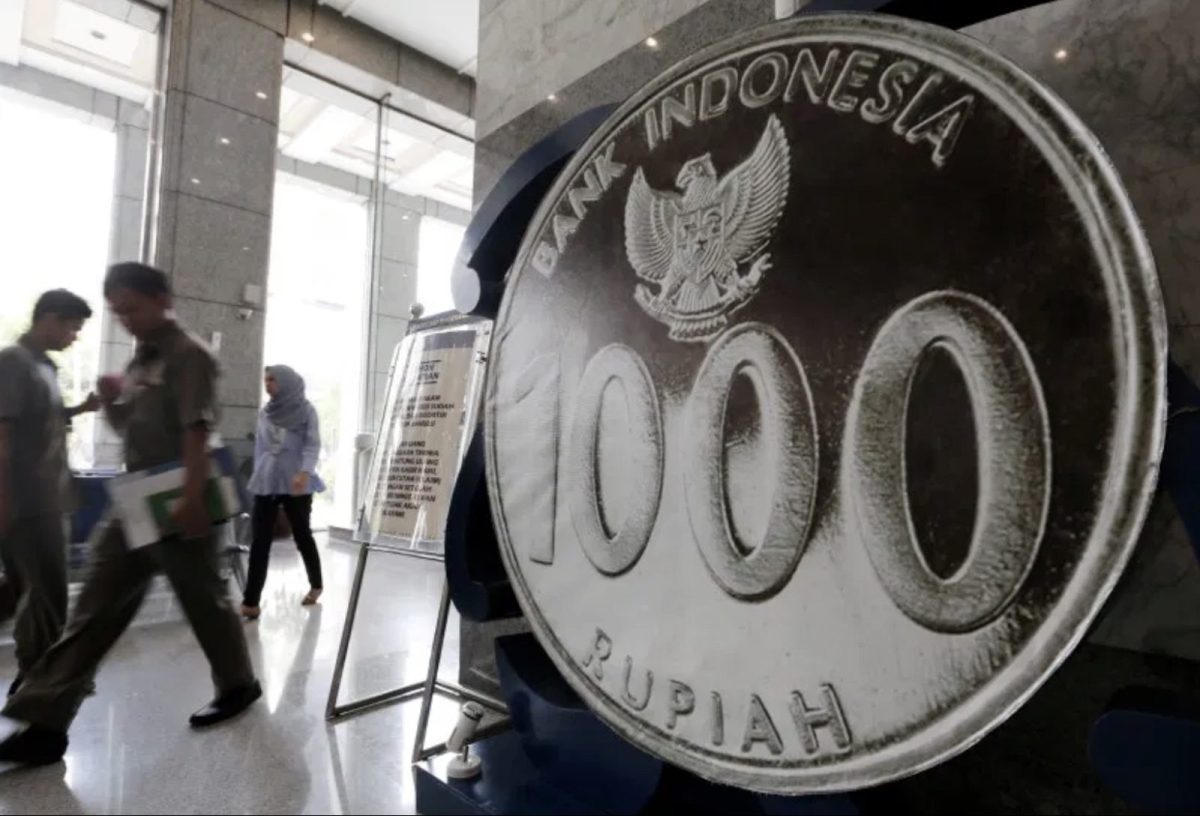Global Courant 2023-05-24 14:52:37
The Covid-19 pandemic has posed a huge economic challenge, especially for emerging economies such as Indonesia. But it also marked a turning point for the country’s economic reform efforts. The crisis enabled Indonesia to become less dependent on volatile foreign capital inflows and rethink its growth path.
During the pandemic, Indonesia was temporarily freed from its dependence on foreign capital as global investors fled emerging market bonds and equities. At the same time, declining domestic demand, which suppressed imports, and relatively large national savings ameliorated Indonesia’s current account deficit problem.
The Russian war in Ukraine led to an explosion in commodity prices that further boosted the domestic economy as it was still recovering from the pandemic.
Indonesia’s current account deficit problem stems from insufficient foreign direct investment (FDI). In 2021, the inflow of foreign direct investment into Indonesia was only 1.8% of GDP, compared to Vietnam’s 4.3% and Malaysia’s 5%.
Instead, the economy depended on volatile commodity-related exports and volatile foreign inflows into bonds and equity markets. The shallow and inadequate domestic financial market has failed to mobilize sufficient savings to finance the country’s investment needs.
In past cycles of global volatility, subsequent foreign capital outflows have driven the Indonesian rupiah down significantly and created liquidity problems in the financial system.
This negatively impacted the domestic economy by increasing government and corporate debt, creating inflationary pressures, and increasing borrowing costs and non-performing loans in the banking system.
Reform efforts to address the problem by reducing the account deficit have faced challenges. In previous years, reducing the current account deficit usually meant curb domestic consumption and imports, which curb economic growth. Attempts to boost manufacturing exports also hit a wall.
Stacks of Indonesian rupiah. Photo: AFP/Bay Ismoyo
Because Indonesian wages are relatively higher, other Asian exporters – especially Vietnam and Bangladesh – have become more competitive.
Numerous financial scandals have undermined attempts effectively mobilize savings and deepen financial markets. Despite these setbacks, institutional reforms are making some progress. The Ministry of Finance and Bank Indonesia are increasingly seen as credible institutions that pursue evidence-based policies, defend Western-style central bank independence, and are led by respected figures.
Taking measures to prevent excessive capital flows has proven complex. There has been even a hint of capital controls or other regulations that would restrict the country’s relatively free and open capital markets met resistance as a result of the experience of the financial crisis in Asia. Relatively accommodative global monetary policy and prudent fiscal policies have also made Indonesia increasingly popular for foreign portfolio investment.
The government quickly implemented policy reforms that paid off in part. The first of these is the reform of the real economy. Government continued the Omnibus Act in November 2020, which aims to improve Indonesia’s competitiveness and boost the growth of labour-intensive industries. But its implementation has yet to be seen due to pushback from special interest groups.
The global energy crisis also inspired the government to run a sequence of controversial policies, including “downstreaming” and the ban on raw material exports. These policies have contributed in part to the increase in nickel derivatives exports between 2011 and 2022 and have boosted economic growth in regional provinces.
Including the second policy group reforms in the financial sector. The government approved a new one financial omnibus bill to improve the credibility of the financial system, broaden and deepen the domestic financial market, support the growth of new technologies and clarify crisis responses. Plans were also made to restructure the entire non-banking financial system following the collapse of a large state insurance company in 2020.
The local bond market has grown significantly since the pandemic. Local banks are inclined to hold a large number of government bonds because of the sharp decline in demand for credit strengthen local ownership. The Ministry of Finance’s successful campaign to entice savvy domestic investors buy private government bonds further mobilizes consumer savings and improves market discovery.
Indonesia’s central bank, Bank Indonesia, has also withdrawn from the domestic currency market. New derivative instruments have succeeded in boosting market expectations local currency movements and easing pressure on the current exchange rate. The launch of a new term deposit facility for exporters, foreign exchange supply also boosted.
A fishing boat is seen near a container terminal in Tanjung Priok, North Jakarta, Indonesia, November 16, 2016. Photo: Agencies
In anticipation of the sudden global dollar liquidity crisis, the central bank has stepped up efforts to establish local currency settlements (LCS) – a program that encourages the use of local currency to settle bilateral transactions – with Indonesia’s major trading partners. promote.
Thanks to his efforts, monthly LCS usage has increased significantly. The central bank has also tried to reduce Indonesia’s dependence on foreign service providers launch a new one national credit card gateway.
Bank Indonesia has also embraced digitalisation. The Indonesian QR standard has become widely available, login 24 million sellers and daily transactions of more than $800 million.
It has enabled millions of informal sector suppliers to interact with the mainstream financial system through Indonesia’s growing digital banking sector. This could be a potential gold mine for the government to increase the effectiveness of fiscal policy.
Indonesia has taken advantage of the Covid-19 pandemic and implemented fundamental reforms to address the previous shortcomings. It is now his job to implement those “structural reforms” by making doing business easier, reducing investment barriers and improving labor productivity and financial inclusion.
Suryaputra Wijaksana is an economist at Bank Rakyat Indonesia. The opinions expressed in this article are those of the author himself.
This article was originally published by East Asia Forum and has been republished under a Creative Commons license.
Similar:
Loading…








